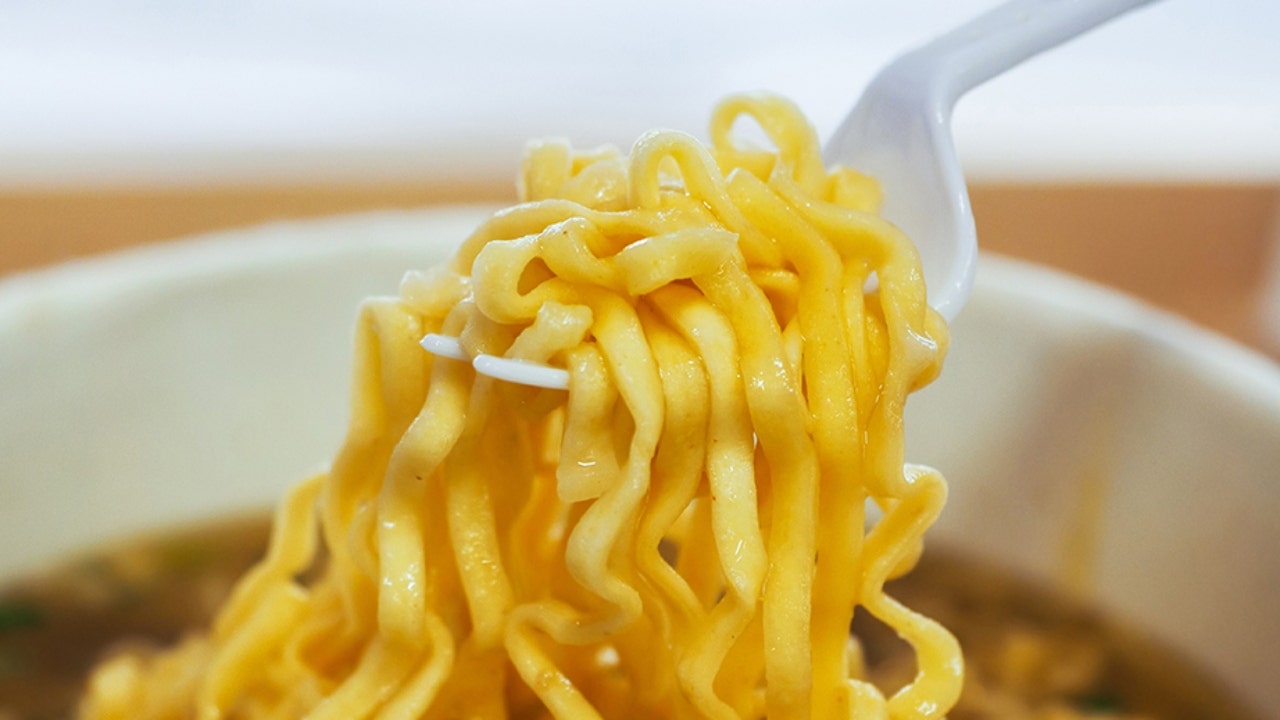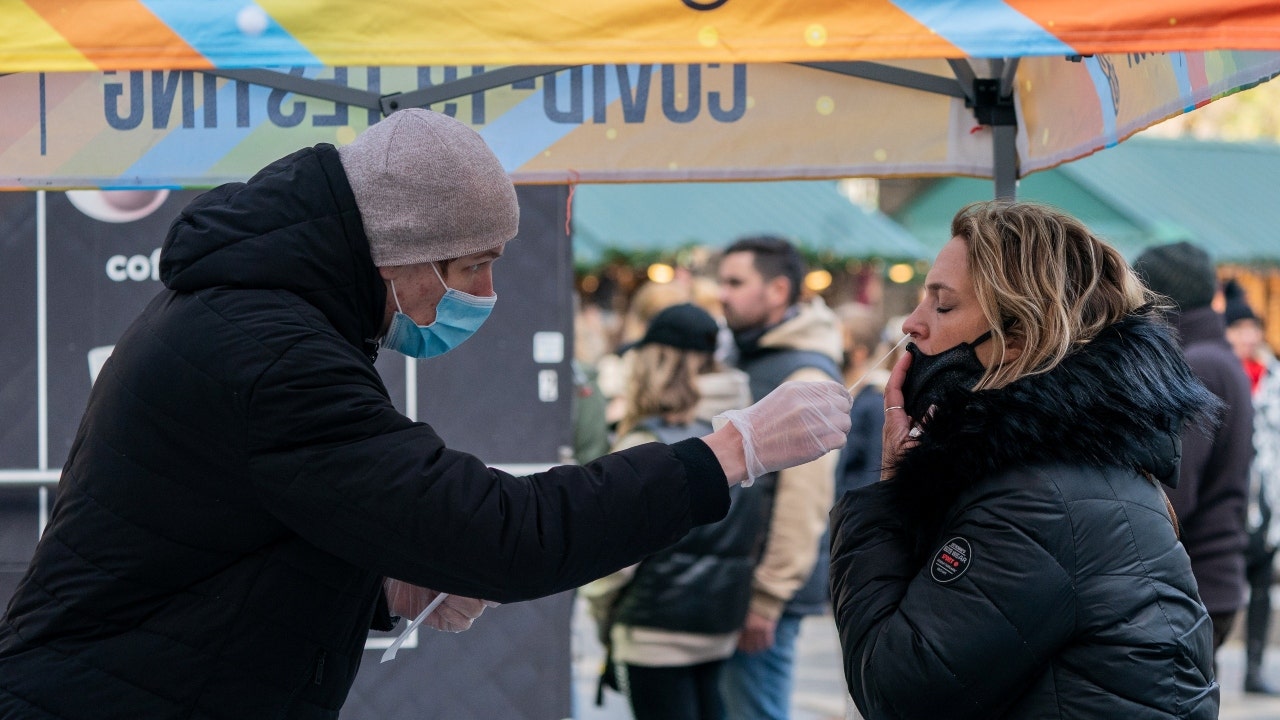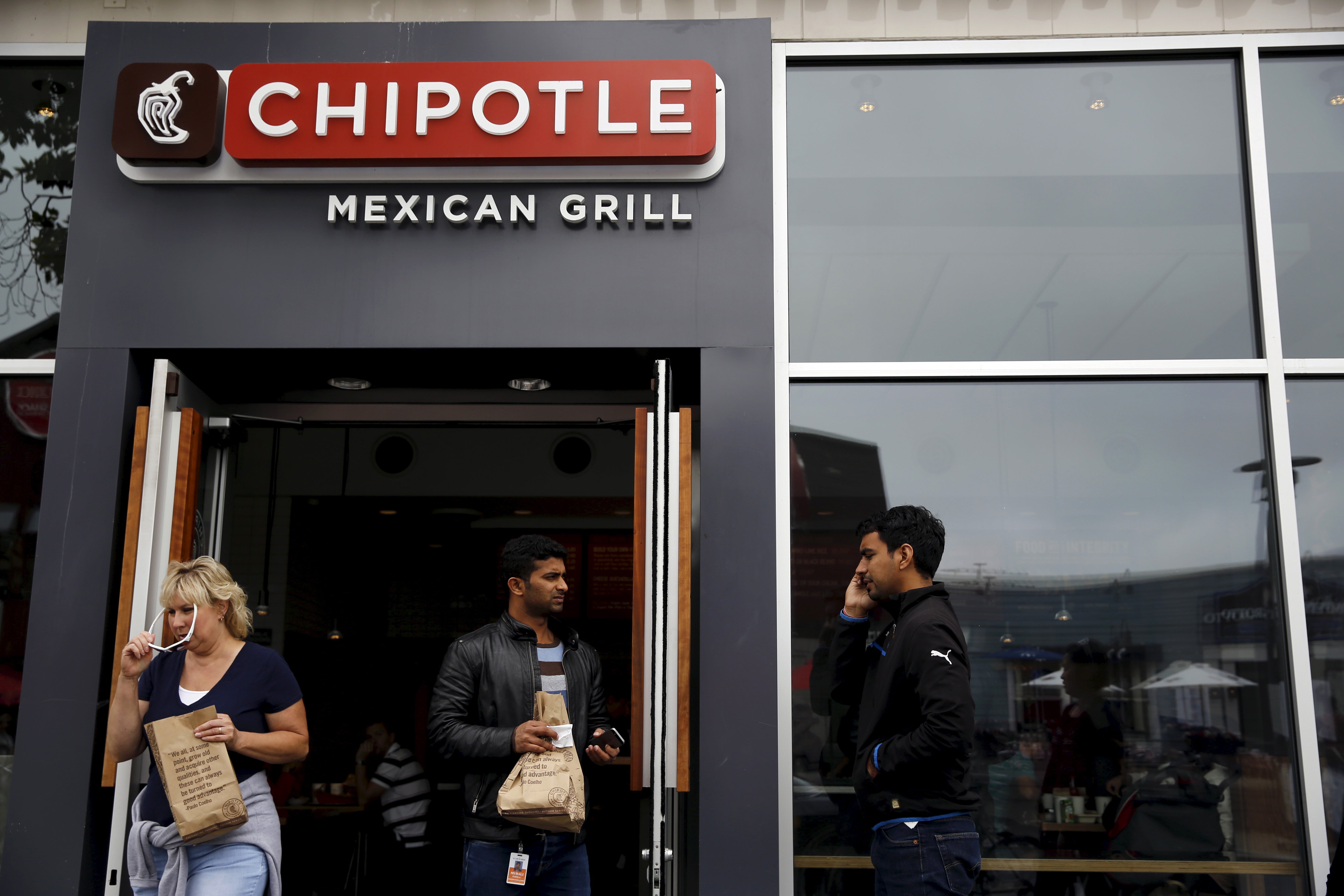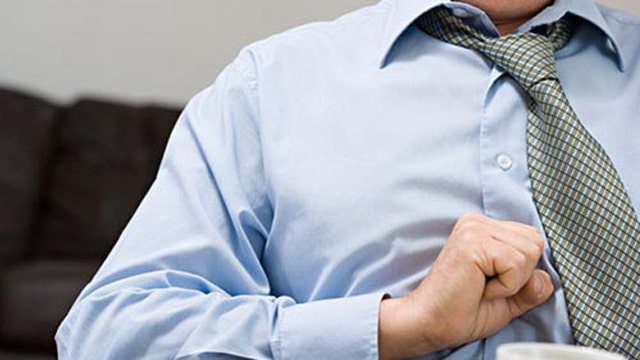We’re seriously in awe of the Ebola fighters — who earlier this week were named TIME’s Person of the Year — so we jumped at the chance to chat with one. Meet Tiffany Walker, M.D., lieutenant commander of the Public Health Service and EIS (epidemic intelligence service) officer at the Centers for Disease Control and Prevention (CDC). She traveled to Sierra Leone in October to work with the infection prevention and control team in the Bombali district, a high-incidence area for Ebola. We hopped on the phone with Dr. Walker to learn more:
What exactly were you doing in Sierra Leone?
I worked directly with healthcare facilities — both hospitals, which treat non-Ebola patients, and holding centers, where suspected Ebola patients go to be tested for Ebola — as well as ambulance and burial teams. My responsibility was to assess their routines and ensure that they were following the appropriate infection prevention practices so that they can remain safe.
MORE: 6 Moves To Resize Your Butt and Thighs
What surprised you the most?
I’d heard so many stories from people who had gone over, and I had a lot of concerns because the epidemic had been escalating. But despite the significant impact on the economy and on many people’s lives, I was surprised to find out that things kind of looked like business as usual. People were finding ways to carry on [with] their lives. I was also surprised by how inviting the folks in the Sierra Leone healthcare community were to CDC coming in — they were so receptive to our help and really integrated us into their system quickly, which made us more able to be helpful. I actually became close friends with an ambulance team I was working with while I was there. They even decided I should have a Sierra Leonean name, so they called me Kadiatu, which is a common name there.
MORE: The 10 Hottest Red Carpet Bodies of 2014
You were working in Ebola holding centers, where suspected patients go to get tested before they’re sent to an Ebola treatment unit. Did you see a lot of hypochondria?
Actually, I noticed while following along with the ambulance teams, which are used to transport potential Ebola patients to the holding centers, that a lot of people were scared to go with them. They see that people are becoming ill, going with these ambulances and then dying, so there’s a lot of fear there. One thing we’ve been trying to do is get the message out that people do survive Ebola, especially if they go with the ambulance teams and get early therapy.
What were some of the biggest challenges you noticed?
We spent a lot of time talking with doctors, nurses and healthcare workers about personal protective equipment, and monitoring them as they put it on and took it off. It is so important to put on and take off that protective equipment properly so they don’t get contaminated, but it is a complicated and difficult process. Even for me, I have to carefully think through the steps when I’m teaching the process to people. We tried to create aids they could use, like a laminated picture they could keep in the ambulance and in the burial trucks. We’re also teaching them a buddy system so they can put on and take off the equipment together, and the other person can help them if they miss a step.
MORE: 20 Superfoods For Weight Loss
It’s challenging, though, partly because it is so hot there, so they understandably want to take off that heavy, impermeable suit as quickly as possible. Between the heat and humidity, I was always drenched in sweat. It was hard to find the right balance between staying hydrated but not so much that you had to pee when there were no facilities available. We were pretty dehydrated all the time.
It’s also tough not to be nervous if you get any sort of symptom, which is bound to happen when you’re traveling in that part of the world. We’re not allowed to come to work sick, so if you have a symptom pop up, you have to stay home. That happened to me — I had a GI symptom, and lost a full day of work. But it’s so important from an infection prevention standpoint.
Finally, before going to Sierra Leone, I knew that a lot of infection was being spread from person to person because people are taking care of others out in the community without the proper protection — I felt like if people stopped doing that, it’d make such a big difference. But the Sierra Leoneans are just such good people, and it’s really difficult for the healthcare workers to divorce themselves from their emotions. If I were in that situation and had a best friend or a family member who became ill — to not help them, not give them an IV or take care of them, I think I’d have a very difficult time not helping as well. Some of the issues we’re facing in this epidemic are really tough because they come from people’s good will, which in some ways can cause propagation of the epidemic. It’s so hard to tell people not to take care of others.
What should regular folks know or do about this situation?
The best way Americans can help is to educate themselves on Ebola, how it’s spread and make an effort to reduce the stigma towards healthcare workers and public health workers who return from affected countries in West Africa. That stigma disincentivizes people to go back and try to help fight against the Ebola epidemic. People should absolutely be vigilant for that 21-day potential incubation period — we should certainly be checking our temperature twice a day and being very vigilant about monitoring our symptoms. But if we’re being responsible and the system in place is functioning, I don’t think it should necessarily limit our travel to certain places — that just makes it so much harder for people to devote their time to this cause.
What does the Person of the Year honor mean to you?
It’s really nice to see that recognition, and I hope that people realize that [the] CDC and non-governmental organizations are not the only ones fighting this war. That’s not to say that I’m not very proud of all my colleagues at CDC and all the other NGOs I worked with, they were all great and worked very long and hard hours, but I especially like to highlight those in the healthcare community within the affected countries in West Africa, because they fight every day. I just keep thinking about those who are at the root of the fight — to me, seeing them was the most inspiring thing. I’m getting a little choked up. I was able to go in and try to do a good job in the 30 days I was there for, but the locals that are in the field, working every single day since the onset of the outbreak in Sierra Leone, probably six or seven months ago, they don’t get a day off. They don’t get an opportunity to get their head above water. And they continue to work in really harsh conditions and risk their lives far more than I did when I was there, putting their lives in jeopardy by having so much direct contact with patients. The people of the affected countries in West Africa are heroes, too. It was just a real honor to work with them.







Leave a Reply